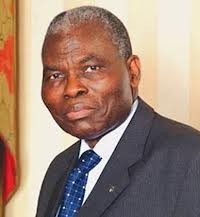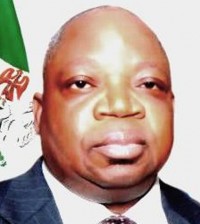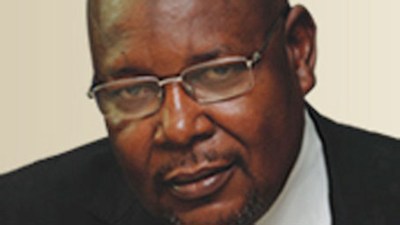FG may reduce recurrent expenditure to 6% of GDP
The Federal Government may peg the recurrent expenditure of all ministries, departments and agencies of government at six per cent of the country’s Gross Domestic Product.
A report of the Expenditure Review Committee, which was submitted to the Minister of Finance, Mr. Olusegun Aganga, in Abuja on Wednesday, gave this indication.
The committee, headed by Prof. Anya O. Anya, was set up by the minister last December to provide a framework that would help the Federal Government to reduce the rising cost of governance.
The percentage of recurrent expenditure to the total budget was 68 per cent, 60 per cent and 70 per cent in 2007, 2008 and 2009, respectively.
It, however, declined to 65.8 per cent in the 2010 amended and supplementary budgets.
But the report said, “A situation where more than 80 per cent of the financial resources of the nation were devoted to recurrent expenditure as in 2003 cannot be considered responsible by any stretch. This fact is underlined by the realisation that without oil, Nigeria would have had a mere 15 per cent of its expenditure covered.
“The stark reality is that without oil, therefore, Nigeria’s bankruptcy will be self-evident. Our situation will be worse than the present day Greece or Portugal. There is a need to peg the ratio of recurrent expenditure to GDP at six per cent and to not more than 100 per cent of non-oil revenue.”
Other recommendations include matching the country’s recurrent expenditure in absolute terms in order to maintain maximum fiscal deficit of three per cent of GDP as contained in the Fiscal Responsibility Act.
The committee also recommended the quick passage of the Sovereign Wealth Fund Bill by the National Assembly, as well as the provision of incentives for growing non-oil revenue.
In reaching these conclusions, the committee said that it identified opportunities for a reduction in recurrent expenditure and for switching from its dominance to making capital expenditure more important.
The committee said that its findings revealed that it was practically impossible for the country to achieve its vision of becoming one of the top 20 economies by 2020 if the current mix of recurrent and capital expenditure as well as the level of fiscal discipline was maintained.
It added that the size and structure of the political and governmental arrangements in the country did not reflect the size of its economy in productive activities.
For instance, it said that the critical fiscal relationships were not managed as the ratio of recurrent expenditure to total revenue “have been embarrassingly high.”
The report added that the major drivers of high level recurrent expenditure were “unbridled multiplication of structures and processes, overloading of recurrent items, especially through overheads, and the pervasive defiance of extant rules and regulations on government’s fiscal operations.
Shedding more light on the report, the chairman of the committee said that some provisions of the nation’s Constitution should be amended to tackle the problem.
For instance, he said that the section that stipulated that each state must produce a minister in addition to one from each geo-political zone was not necessary since a country like the United States had only 20 ministers.
Similarly, he said that the huge number of MDAs was uncalled for as it had contributed to the bloating of the recurrent expenditure pattern.
Responding, Aganga assured the committee that a plan would be unveiled soon to implement the recommendations.
He said, “Over the years, we have been looking on how to deal with the issue of the country’s high recurrent expenditure pattern. We have made it clear that the patter of expenditure is not sustainable.
“This administration is not only committed to this project, but we are also committed to its implementation and already, a number of actions have been taken to enhance the quality of spending.”
source : Punch







